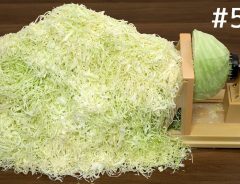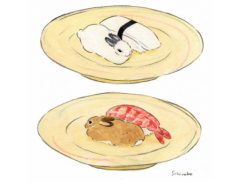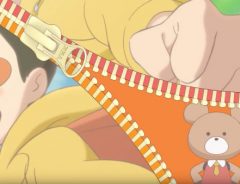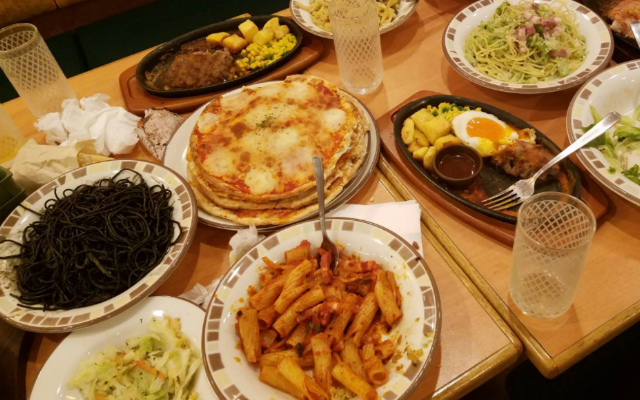- Source:
- hatsu823 / hajimesyacho / chocosuni1234 / u_mjjx / Togetter
Related Article
-

Internationally popular YouTube channel shows off unique Japanese gadgets and knickknacks
-

All-You-Can-Eat Sashimi In Tokyo!
-

Temple in Japan comes up with clever and colorful idea to revamp its purification basin
-

Japanese Artist’s Charming Bunny Illustrations Will Hop Into Your Heart
-

Award-Winning Short Animation Shows Two Young Heroes Saving The World One Zipper At A Time
-

Japanese poster’s simple English mistake makes Kyoto a rising vengeful superpower to menace the world



Like it or not, ‘YouTuber’ has become a legitimate career choice and Japan is no exception.
Those who rise to popularity can make enough money to live off, through promotions and sponsored content. There are also high-profile agencies in Japan which YouTubers can join such as UUUM.
YouTubers are often seen as the antithesis to usual manufactured media stars. They come across as more 'real' and as long as you can afford a camera you can make it too. This idea has captured the imagination of the next generation and a poll of elementary school and middle school students in Japan ranked ‘YouTuber’ as one of their dream jobs. In answer to this a ‘YouTuber academy’ was set up to teach children aiming for a career as a content creator how to edit videos and how to present themselves.
It’s probably due to this influence over young people that YouTubers can be subject to intense scrutiny and in the quest for more subscribers, some worrying trends have emerged.
When food blogger, Hatsumi Ito (@hatsu823) went for a drink at Saizeriya (an Italian-style restaurant chain), her day was rudely disrupted by 3 young people filming a YouTube video at the next table. But worse than the noise was the scene after the group left, they had left massive amounts of food on the table, completely untouched.
Source: @hatsu823
She was so annoyed that she tweeted about it and identified the group as 3-man Youtuber group, ‘Chocolate Snickers’.
After the bad publicity, the group apologised via Twitter, for causing trouble to other diners and explained that the staff knew of their intention to film, and the huge amount they would order. They also said they offered to clean up after themselves, but the staff refused. Looking at their Youtube page, it seems they have made other similar videos where they order all the food on the menu at a given restaurant.
Japanese Twitter users were not impressed with this apology which did not address the food waste. The apology has since been deleted and Ms. Ito’s original tweet was also deleted by Twitter for breaching privacy rules.
This incident, and other YouTuber scandals, raise wider questions about the role of this new brand of celebrity. Worryingly, even bad publicity can lead to increased views. Underneath Chocolate Snicker's videos, some commenters claim they heard of the group through the controversy and now are fans.
Of course, we all make mistakes, especially as young people. But with such a young viewership, is it fair to hold YouTubers to the standard of role model lest we see copycat incidents? Or can we forgive them for misjudging a situation just once?
Given YouTubers status as more 'real' than usual celebrities, perhaps it's only right they make mistakes from time to time, as long as they take the chance to teach young people about owning up to your mistakes, and using them as an opportunity to grow.